Building a stainless steel product from scratch involves a complex process that combines engineering, technology, and precision. While millions of people use stainless steel products daily, few understand the intricate steps involved in their creation. The manufacturing of stainless steel is a fascinating journey that highlights the advancements in material science since the Industrial Revolution. Here are the six most critical stages in the production of a stainless steel item: 1) Material Handling Uncoiler: This machine is positioned at the beginning of the production line to hold and safely unroll steel strips. It controls the speed and direction of the metal strip as it unwinds and moves along the processing line for tasks like slitting or entering a tube mill. 2) Forming Deep Drawing Press: In this stage, semi-finished steel shapes undergo various forming processes. For example, stainless steel is hot rolled by heating and passing it through large rolls. Blooms and billets are transformed into bars and wires, while slabs become plates, strips, or sheets. Bars are one of the most versatile forms due to their availability in multiple grades and sizes, suitable for different applications such as round, square, octagonal, or hexagonal shapes. 3) Heat Treatment Annealing Furnaces: During this step, stainless steel undergoes controlled heat treatment to relieve internal stress and improve its workability. Annealing involves heating and cooling the material in a precise environment to enhance its properties. Any slight deviation in temperature, pressure, or cooling rate can affect the final product's quality. 4) Descaling Pickling: After annealing, scale may form on the surface of the stainless steel. This scale is removed using processes collectively known as descaling. Pickling is a common method used to clean the surface, ensuring a smooth finish before further processing. 5) Cutting and Punching In this step, the semi-finished, heat-treated, and descaled stainless steel is cut into specific shapes. Mechanical cutting tools like guillotine knives, blanking machines, and high-speed blades are used. This stage also includes making tap holes and overflow channels. 6) Finishing and Polishing Polishing Machine: The finishing process gives the stainless steel product its signature aesthetic appeal. It also makes the surface smooth and easier to clean, which is crucial for sanitary applications. Polishing ensures durability and enhances the visual appearance of the product. Hydraulic Press 4 Column Hydraulic Sheet Metal Deep Drawing Features 1. A hydraulic machine that uses hydrostatic pressure to process metals, plastics, rubber, wood, powders, and other materials. 2. Commonly used in pressing and forming operations such as forging, stamping, cold extrusion, straightening, bending, flanging, sheet metal deep drawing, powder metallurgy, and press-fit. 3. Offers significant technical and economic benefits, including weight reduction, fewer parts and molds, improved stiffness and strength, and lower production costs. SPECS of Yz32 Certificate Transfer Stickers, UV Transfer Stickers,Transfer Decals,Custom Transfer Decals,Vinyl Transfer Stickers ZZ Sticker , https://www.zzsticker.com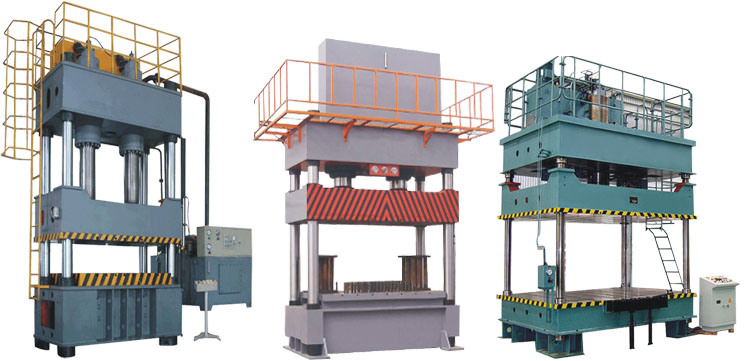
Model
Unit
Yz32-25T
Yz32-50T
Yz32-63T
Yz32-100T
Yz32-160T
Yz32-250T
Clamping Force
KN
250
500
630
1000
1600
2500
Working Layer
Qty
2~4
2~4
2~4
2~4
2~4
2~4
Piston Stroke
mm
180
250
250
250/250
250/250
500
Heating Platen Daylight
mm
90
125
125
125
125
125
Heating Platen Size
Left-right
mm
350
400
500
600
750
900
Front-back
mm
350
400
500
600
850
900
Heating Plate Power
KW
1.5
2.2
3
7.5
11
15
Motor Power
KW
7.2
9
10.8
33.75
45
45
Packaging
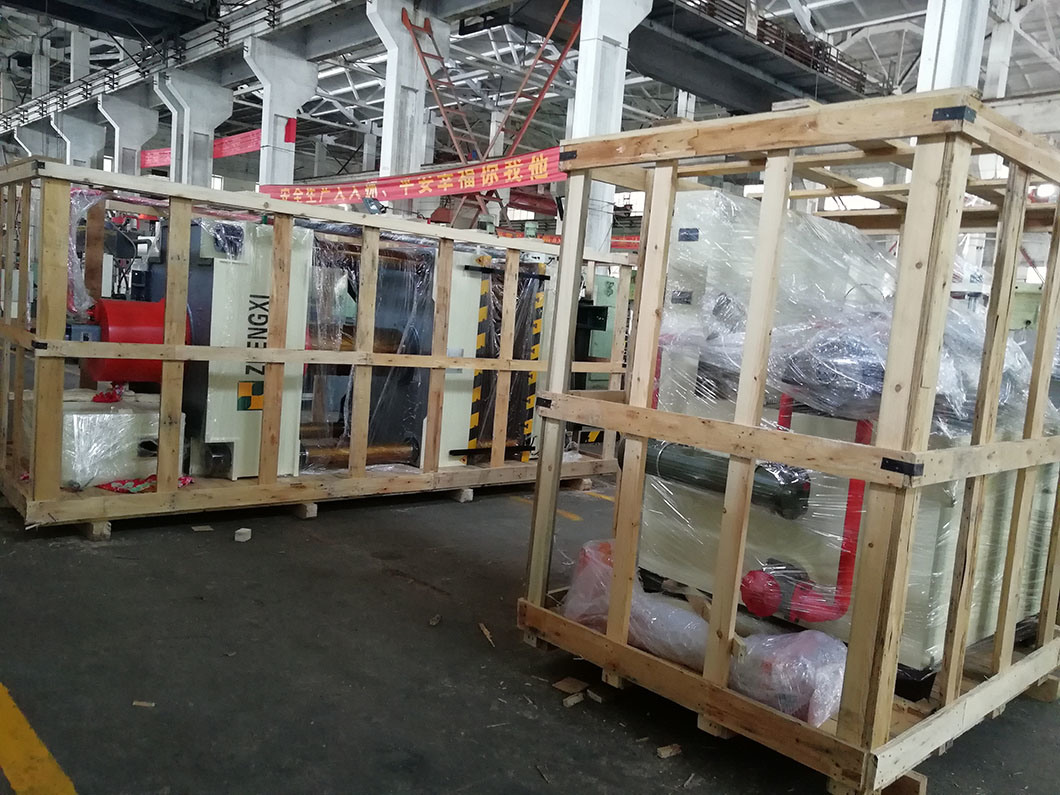
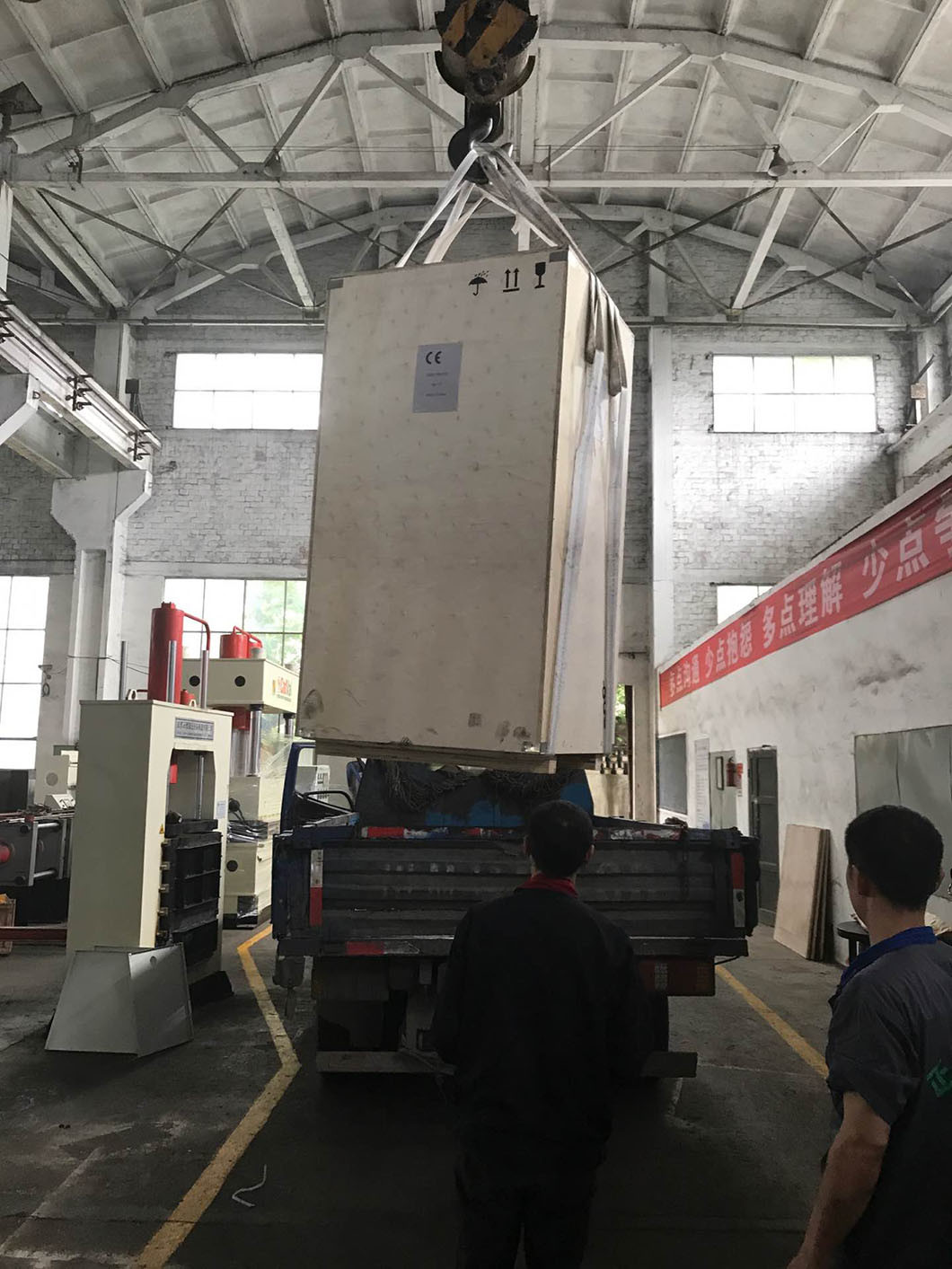
Factory
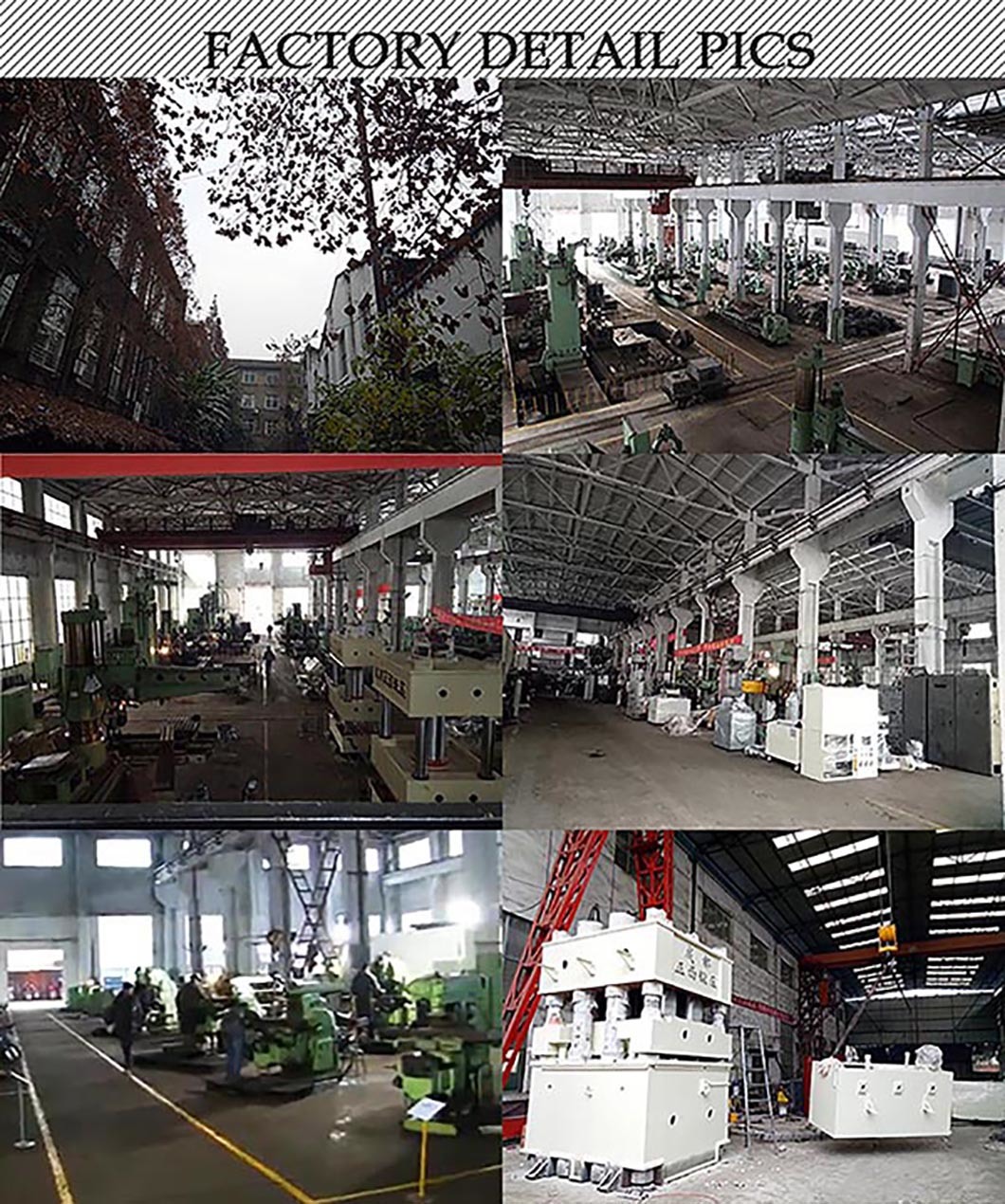
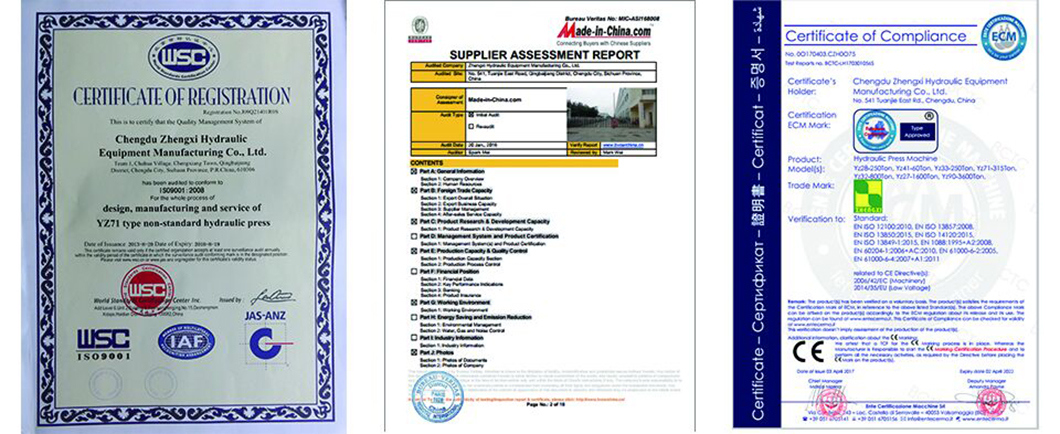
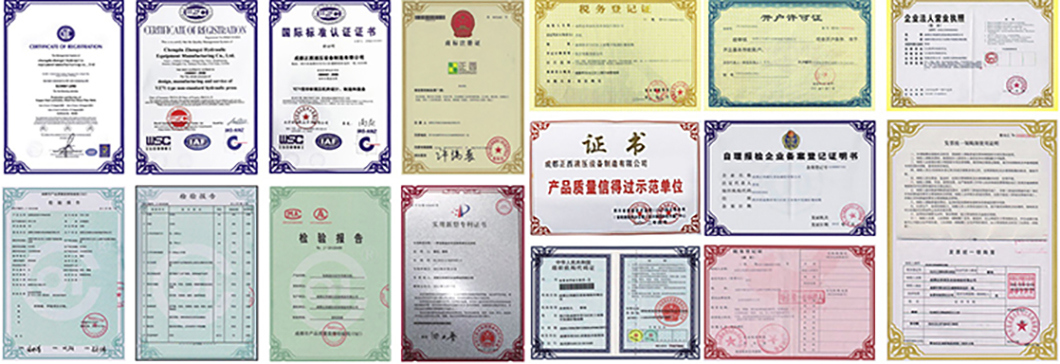
Model NO.: Yz32
Advantage: High Cost Performance and High Production Efficiency
Controller: PLC (Programmable Logic Controller)
CNC or Not: CNC (Computer Numerical Control)
Trademark: ZHENGXI
Transport Package: Standard International Wooden Case or Iron Pallet
Specification: Set
Origin: China
HS Code: 84629190
August 14, 2025